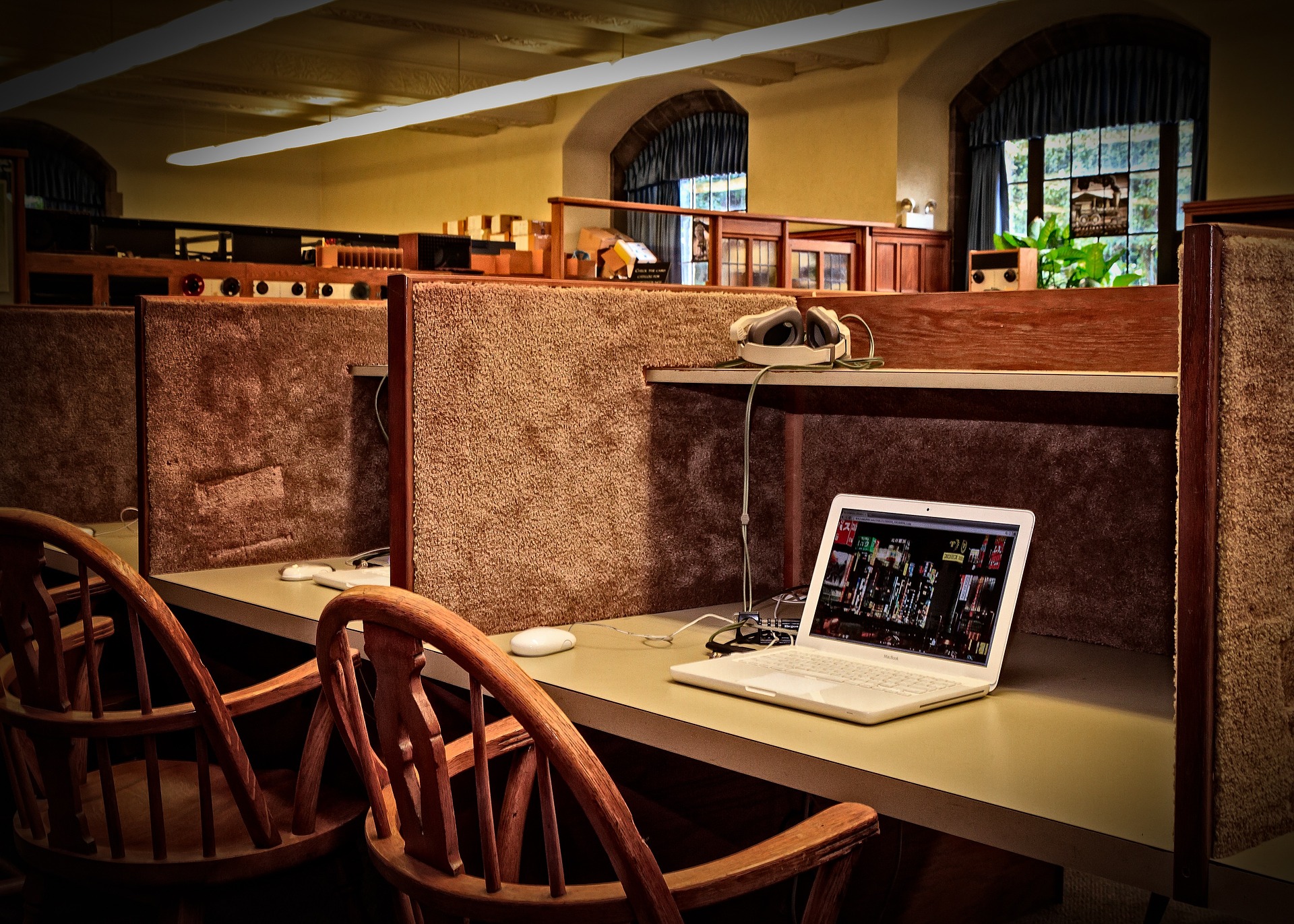Libraries are searching for and experimenting with innovative digital divide solutions that include increasing home broadband access.
By Katherine Bates and Angela Siefer.
Libraries are an integral part of every community. According to a recent Pew Research Center report, Libraries at the Crossroads, two-thirds of Americans (65 percent) say that closing their local public library would have a major impact on their community. Even more telling, low-income Americans, Hispanics and African Americans are more likely than others to say that a library closing would impact their lives and communities.
Every day in our cities, libraries offer programs, services, and resources that introduce the possibilities of technology and build digital literacy skills. This change has happened almost seamlessly and has been spurring modern changes to many libraries from the way they are designed and built to the services they offer. Libraries have become an essential partner to achieve success in today’s digital environment. As the “great equalizer,” the resources and services they provide open doors of opportunity to people of all ages and economic backgrounds, demystify technology for new users, and give people the skills and support to participate in the digital environment.
The barriers to broadband adoption are well-documented, and include digital literacy, relevancy and cost. Digital literacy and relevancy are often addressed simultaneously; libraries and non-profit organizations teach digital literacy skills through relevant use of the Internet and often provide direct training classes. To successfully increase broadband use in communities, all three barriers must be addressed through a diverse set of local partners with established roots in the community.
Libraries are searching for and experimenting with innovative digital divide solutions that include increasing home broadband access. They are accomplishing this through partnerships with cities and local community-based organizations and developing engagement strategies that meet the unique needs of their residents. Each solution must tailored to the individual community. Trust of the individual and organization providing instruction on technology use and explaining broadband provider options is essential. As one of the most trusted institutions in every community, libraries play an important role in the solution.
A great example of this is occurring in Kansas City, MO. The Kansas City Public Library (KCPL) coordinates the Kansas City Coalition for Digital Inclusion whose mission is to facilitate collaboration among organizations and initiatives working to bridge the digital divide in order to maximize the resources for the greatest impact. KCPL has hosted a regional digital inclusion summit, regularly gathers local partners, created the Coalition’s website, and leads cooperative fundraising efforts. According to KCPL Deputy Director Cheptoo Kositany-Buckner, the Institute of Museum and Library Services initiative Building Digital Communities made it clear that digital inclusion could not be accomplished by the library alone, but must be coordinated in concert with other community groups and agencies. For example, KCPL is looking at how to address multiple pieces of broadband adoption, including home access.
As Director Kositany-Bucker notes, “Libraries need to make digital inclusion a priority. There are a lot of digital divide issues, including access, devices and content. Can people access the content? As we increase the e-content, are we doing so for all our community members? Demand for public access shows there is a need for home access. What are our priorities? We talk of libraries moving to digital age, but are we bringing our communities along?”
[divider] [/divider]
To learn more about the role libraries play in broadband adoption, attend the Congress of Cities session: Game-Changing Strategies to Increase Broadband Access in Your Community, or visit the Urban Libraries Council and National Digital Inclusion Alliance websites.
[divider] [/divider]
Originally posted at Cities Speak.
Katherine Bates is a Senior Program Manager at the Urban Library Council (ULC). Her focus is on the digital evolution and transformation that urban libraries are undergoing. ULC, founded in 1971, is a membership association of leading public library systems in the U.S. and Canada. Katherine has worked in state and local government for almost 25 years.
Angela Siefer is the Director of the National Digital Inclusion Alliance. NDIA’s purpose is to work collaboratively to craft, identify and disseminate financial and operation resources for digital inclusion programs while serving as a bridge to policy makers and the general public. Angela has worked in the field of digital inclusion for 19 years.





